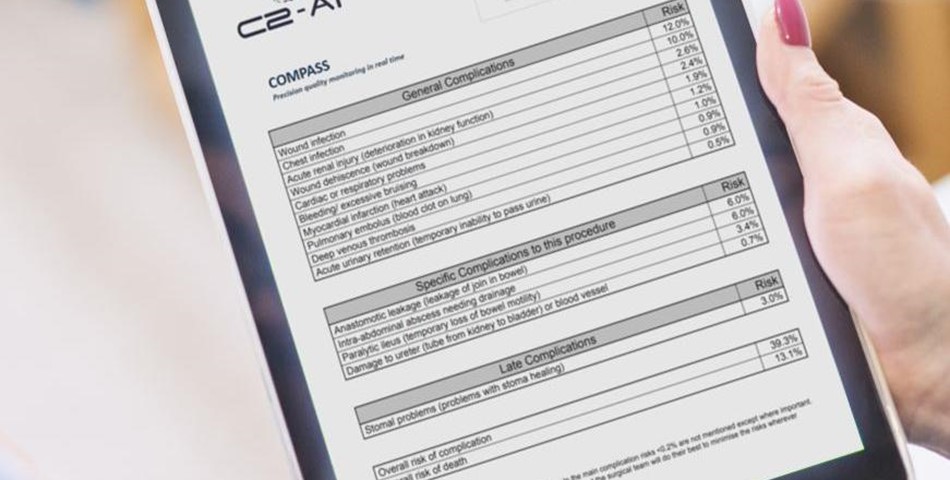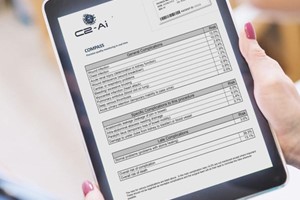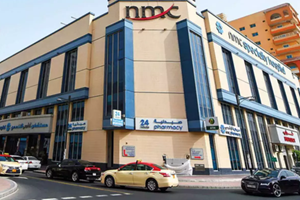Surgeons across several NHS trusts have improved surgery waiting times and reduced A&E admissions, especially for the highest risk patients, after successful clinical trials of an AI decision support model that is helping to make prioritization safer and more equitable for patients. The approach is now seeing uptake in dozens of NHS trusts, as integrated care systems prepare to implement elective recovery plans.
The Cheshire and Merseyside model, pioneered by clinicians and operational teams at St Helens and Knowsley Teaching Hospitals NHS Trust, uses a system created by healthcare analytics and AI company C2-Ai, to allow surgeons to more accurately prioritise patients according to their specific clinical risk and impact of delays in treatment.
The tool applies robotic process automation to build on and enhance a prioritization model from the Royal College of Surgeons. It uses hospital data to risk stratify a trust’s or an integrated care system’s elective surgical waiting list. It does this based on patients' mortality and morbidity risk, and their risk of increasing complexity as they wait, as well as other factors.
Benefits observed by surgeons, who remain in full control of prioritization decisions, include:
- More than 8% reduction of emergency admissions from waiting list patients.
- 125 bed-days saved for every 1,000 patients on the list as a result of reduced avoidable harm.
- Faster clearing of the elective waiting list backlog - including a 27.1% reduction in patients waiting more than 52 weeks, within just six weeks of starting programme.
- Reduced deterioration of patients which would result in increasing length of stay and cost.
- Better use of independent sector hospitals treating NHS patients - rejection rate reduced from 60% to near zero. Rejection sometimes occurs if patient risk is considered too great.
- 30% reduction in surgeon time spent on triage.
- Better use of surgeon time and reduced burnout.
The underpinning platform provided by C2-Ai, known as CRAB, is already used in the NHS to understand performance and improve patient safety across a range of areas. Applied in this case to surgical prioritization, it also takes into account the impact of a patient's social determinants of health and qualitative factors captured through clinical assessment, such as pain.
About C2-Ai
C2-Ai is a trusted NHS digital approved partner with access to full national datasets and running on the HSCN/N3 network. C2-Ai has provided national support for the Keogh Review and to Professor Sir Mike Richards at the CQC, and our systems are locally in use in dozens of NHS trusts and in 11 countries.
C2-Ai provides a unique, AI-backed suite of hospital care quality/efficiency improvement tools (CRAB, Patient List Triage, Observatory & Compass). They are developed from 30 years of research, ten years of development and the world’s largest (350m) and geographically broadest patient data set (from 46 countries). In the UK these have a track record for delivering demonstrable improvements in:
- Reducing avoidable harm and unwarranted variation
- Reducing length of stay
- Reducing critical care demand
- Improving clinical cost effectiveness












